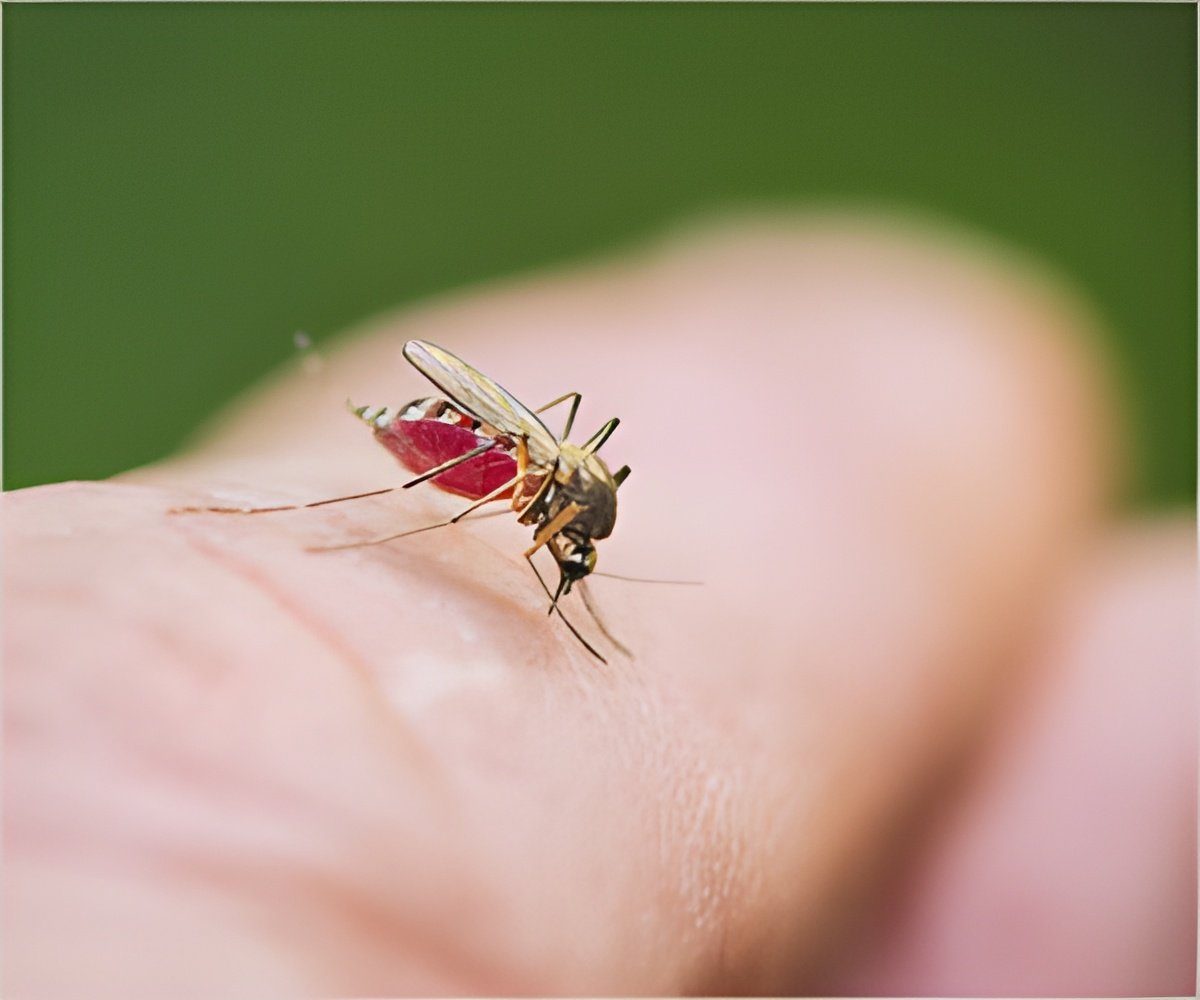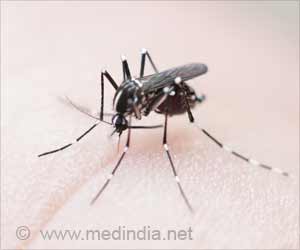No dengue patient should be turned away because of lack of beds, said the Delhi government advisory to both government and private hospitals on September 1.

The highest number of dengue patients have been recorded this year in the last 5 years. “We have told hospitals not to turn away dengue patients even if it means rescheduling all non-emergency procedures, including surgeries,” said Dr Charan Singh, in-charge of the vector-borne control program in the Delhi government. “No health institute, government or private, should refuse dengue patients,” he added.
Hospitals have been told to stock their blood banks adequately. Private blood banks have been told to provide platelets at nominal rates. Government hospitals have already opened dengue and fever wards to deal with the rush of patients. “During this time, our medicine wards only admit fever and dengue patients. Still, the beds are not enough. We are forced to admit two-three patients per bed, but even that is not sufficient. We have put up temporary beds on stretchers and mattresses to accommodate patients,” said a senior doctor at Safdarjung Hospital.
Most patients were put on saline drips and their platelet count was monitored, said the doctors. “Treatment is based on symptoms. But we have to admit patients who show signs of their platelet count dropping or those with very high fever and other complications. Patients can visit private hospitals daily and get their platelet count checked, but given the socio-economic profile of our patients, that is not possible,” said the doctor.
Doctors at private hospitals, however, said most patients do not need admission. “That’s because the symptoms are mild. Compared to previous years, symptoms of hemorrhagic fever and platelets dropping are rare this time,” said Dr Rakesh Gupta, senior consultant in internal medicine at Apollo Hospital.
Source-Medindia










